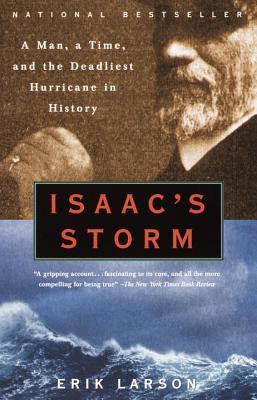In continuing my search for readable Gothic tales for 10th graders, I came across this collection of short stories which is in the public domain.
Famous Modern Ghost Stories, is kind of a laugh as a title. Having been published in 1921, it's hardly modern, and I hadn't heard of any of the stories in the collection, though I was familiar with some of the authors, so I would hardly say they are famous.
Apparently there's a longer version of this collection with a few stories that didn't make it into the version I read; there's a Poe story called "Ligeia" that I was missing, and another called "The Beast With Five Fingers" - I don't know why the version I read didn't include these stories.
I used to love creepy collections like this when I was younger. I checked them out from our local library and read some of them over and over again. One of them in particular contained a story called "The Toy Killer", about a mother that would destroy her son's toys, which always gave me the creeps (I think this story is the genesis of my obsession with stories about
Munchausen's syndrome by proxy). I can't find the name or author of that collection, but I remember how much I loved reading horror stories, and how scared I used to be to go to the bathroom at night after reading them.
This particular collection was a little thin on real chills; there was a sweet little story about dogs waiting for their owners at the gates of heaven ("At the Gate" by Myla Jo Closser), another kind of sweet one about a ghost letting go of her former husband, and giving her blessing to his marrying her sister ("The Shell of Sense" by Olivia Howard Dunbar), and a cute story where a man puts to rest the ghost of young lovers ("The Haunted Orchard" by Richard Le Gallienne).
My hopes were high when I saw that Guy de Maupassant, author of the dark, ironic story "The Necklace", had a story in the collection. However, his story, "A Ghost", is one of the dumbest ghost stories I have ever read. Basically, the main character sees a ghost (so I guess it's aptly named) and then combs her hair. I feel like I missed something; perhaps it was written in French originally and something was lost in translation, because it seemed aimless to me.
"Lazarus" by Leonid Adreyev, is a creepy, atmospheric, zombie story that kind of touches on the same theme as
Stephen King's Pet Sematary, namely, that sometimes death is more merciful than life. If you're familiar with the Bible, you will recognize Lazarus as the man Jesus raised from the dead in the book of John. This story is a meditation on what might have happened afterward. I personally thought it was a bit overlong, and it wasn't my cup of tea, but it did create a tense mood and atmosphere throughout.
The best of the collection is Algernon Blackwood's "The Willows." Although it too, suffers from being overly long (I actually skimmed the first 15-20 pages and basically missed NOTHING)- I started reading in earnest when the two main characters land on an island full of creepy willow trees and weird stuff starts to happen. If you're the type of reader who wants to know "what actually happened", (i.e., if you're the type of person who hates shows like Lost or The X-Files for not tying up all loose ends and answering all questions) then this is not the story for you. The willows are merely described as a place where the fabric between dimensions is thin and something malevolent is trying to get through from the other side.
It's a great example of a bottleneck story; the main characters are stuck on an island with a rising tide and are continually plagued by problems- losing their steering paddle, finding a hole in their canoe, etc., that keep them from leaving. This story is the longest of the collection and at 139 pages (at least in the digital version) it is really more of a novelette than a short story.
Overall, I probably wouldn't recommend this book to students who aren't experienced, high level readers. You need to be the type of reader who can expertly skim in order to get to the best parts, otherwise you will probably be bored as the pacing is certainly not ideal for modern readers.






